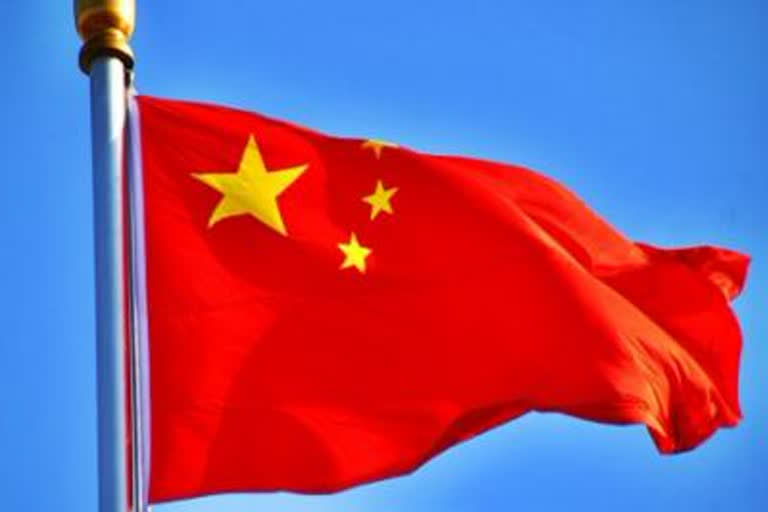New Delhi: The Great Game for global one-upmanship between the US and China has found another arena—that of human rights. On Thursday, China’s State Council Information Office released a white paper titled “Moderate Prosperity in All Respects: Another Milestone Achieved in China's Human Rights”.
Touting its successes achieved in various spheres of socio-economic life in China, the document tries to appropriate the idea of human rights by giving it a Marxist character by linking human rights with socio-economic parameters.
Based on “Xiaokang” which is an ancient term in China, referring to a status of moderate prosperity whereby people are neither rich nor poor but free from want and toil, the white-paper says: “The realization of all-round moderate prosperity ushers in a new era for the protection of human rights in all respects”.
It adds: “The route to all-round moderate prosperity coincides with comprehensive progress in human rights in China, which involves all the steps necessary to liberate, protect and develop the individual.”
Rebuff to the US, India
The Chinese government’s document has to be seen in the backdrop of the Joe Biden government’s single-minded focus on human rights to target China rather than efforts to decouple the two economies.
During the Trump administration, the US Senate on December 21, 2020, had also passed a bill called the ‘Tibetan Policy and Support Act’ (TPSA), committing firm support to the Tibetan cause.
Besides accusing China of large-scale violation of human rights especially in Tibet and Xinjiang, the US, and also India, believes that the Chinese government should have no role in the succession process of the Dalai Lama, the spiritual leader of Tibetan Buddhism, and term it “an outrageous abuse of religious freedom”.
In 2011, China claimed the sole right to approve and appoint the next Dalai Lama who will be chosen by picking lots from a golden urn in Lhasa.
Recently, the US had also upped the ante on the Tibetan issue when US Secretary of State Antony Blinken met Kasur Ngodup Dongchung, the director of the Bureau of the Dalai Lama in Delhi during his visit to India on July 28. It was followed by a meeting with religious leaders that included Geshe Dorji Damdul, director of Tibet House in Delhi.
India remains the main base for Tibetans who left their homeland fearing persecution by the Chinese government.
Religion and Language
It was in December 1979, when Deng Xiaoping presented the idea of building a ‘xiaokang’ society. On July 1, 2021, Xi Jinping, general secretary of the CPC Central Committee and president of China, grandly announced that China had built “a moderately prosperous society” in all respects.
At one point, the document says: “The Chinese government upholds the principle that all religious groups should operate independently and carry out religious activities within the law. It administers religious affairs involving state and public interests, but does not interfere in the internal affairs of religions.”
But it also adds: “China resolutely fights religious extremism and cults acting under the guise of religion. It now has 144,000 registered sites for religious activities, 92 religious academies, nearly 200 million citizens who believe in Buddhism, Taoism, Islam, Catholic and Protestant Christianity, and other religions, and more than 380,000 clerical personnel.”
“While promoting standard spoken and written Chinese, the state protects the right of ethnic minority groups to use and develop their own spoken and written languages to consolidate ethnic unity and social harmony.”
Contradiction?
The latest stand articulated in the white-paper is conflicting with what Shen Chungyao, the Director of the Legal Affairs Committee of the National People’s Congress, announced on January 20, 2021.
The official had declared that schools in minority areas like that in Tibet and Xinjiang that taught in their own languages were not consistent with the provisions of Article 19, paragraph 5 of the Chinese Constitution on the state’s promotion of nationally-used Mandarin and the provisions of the National Common Language Law, Education Law and other relevant laws.



